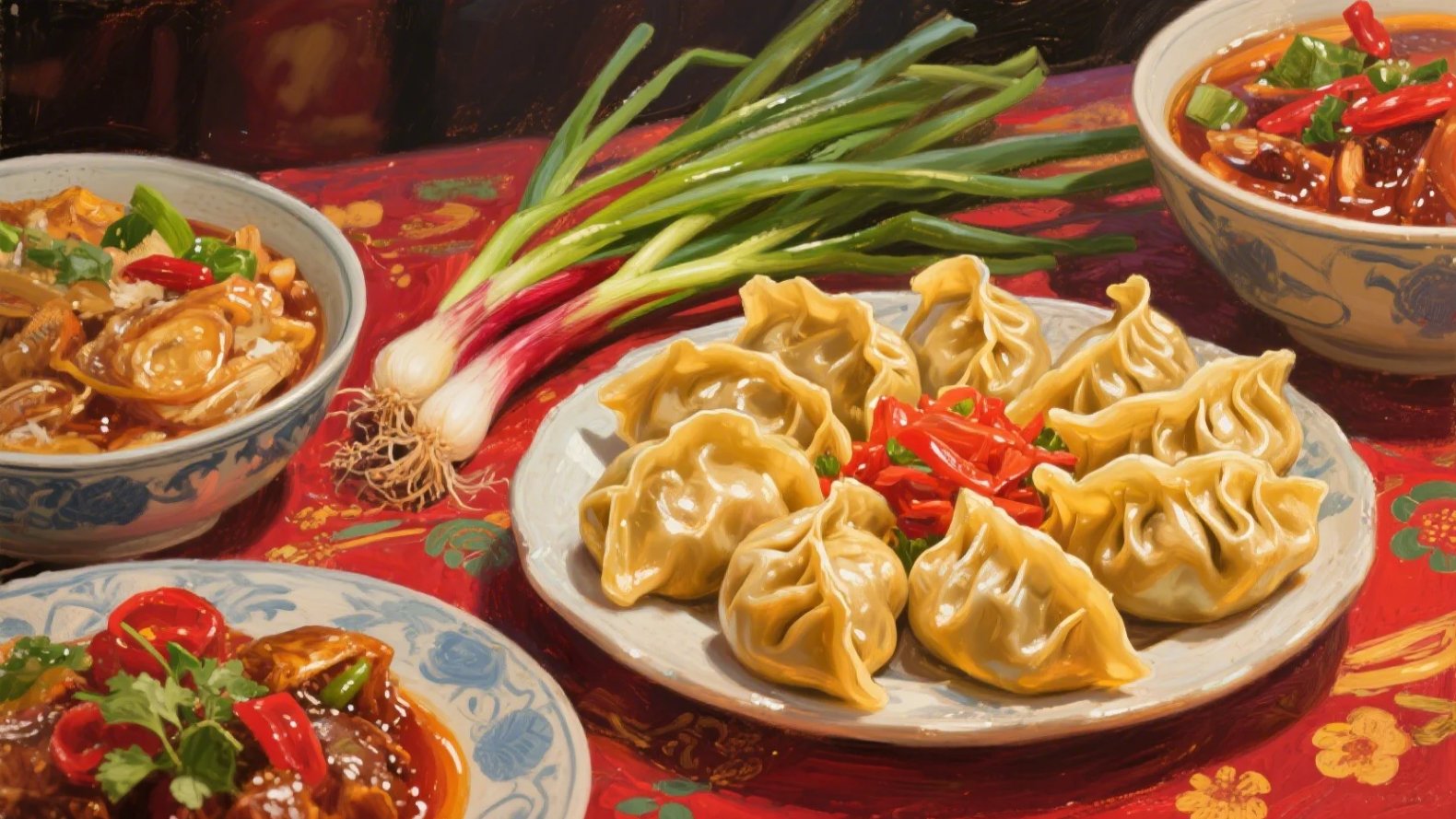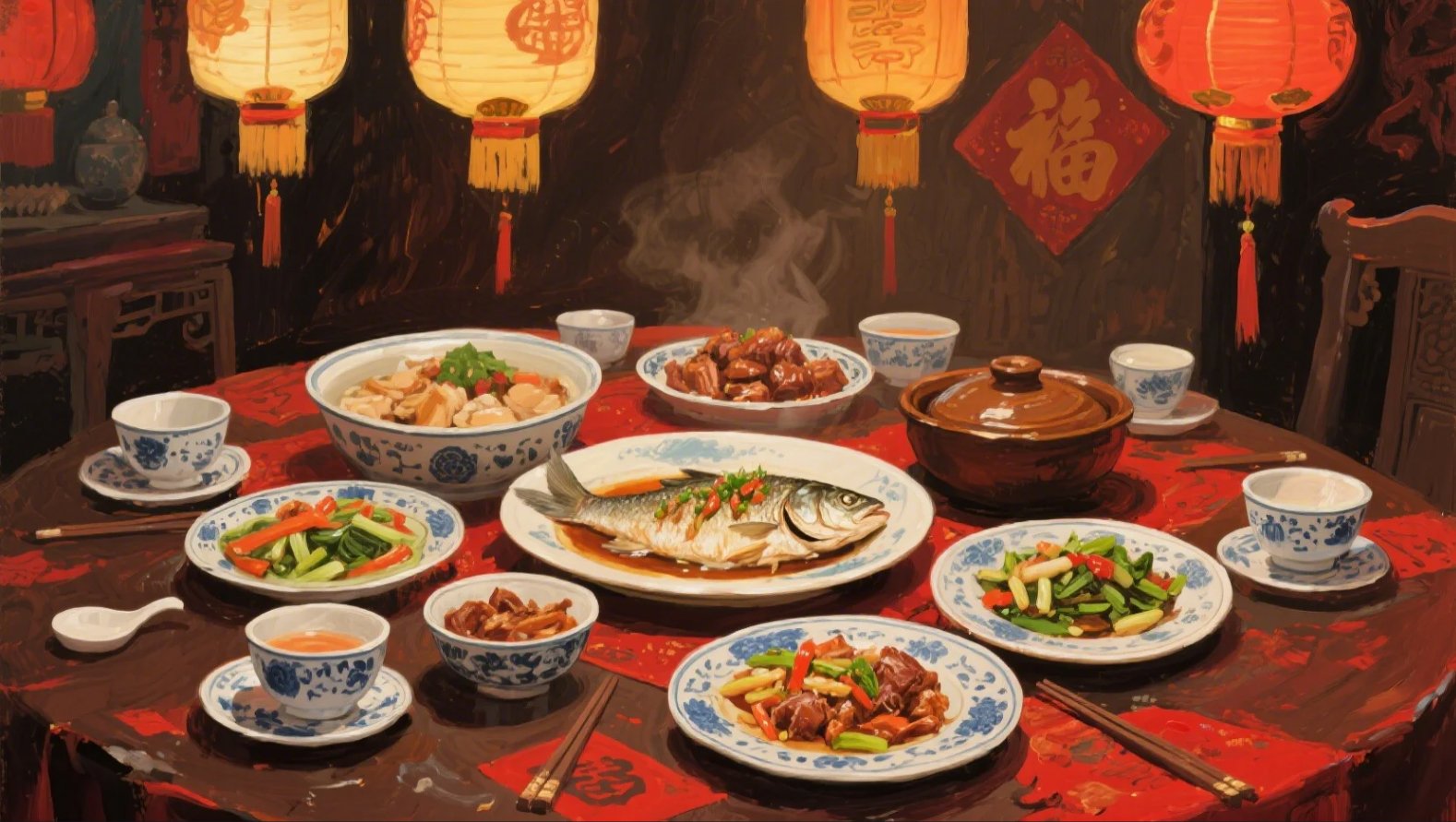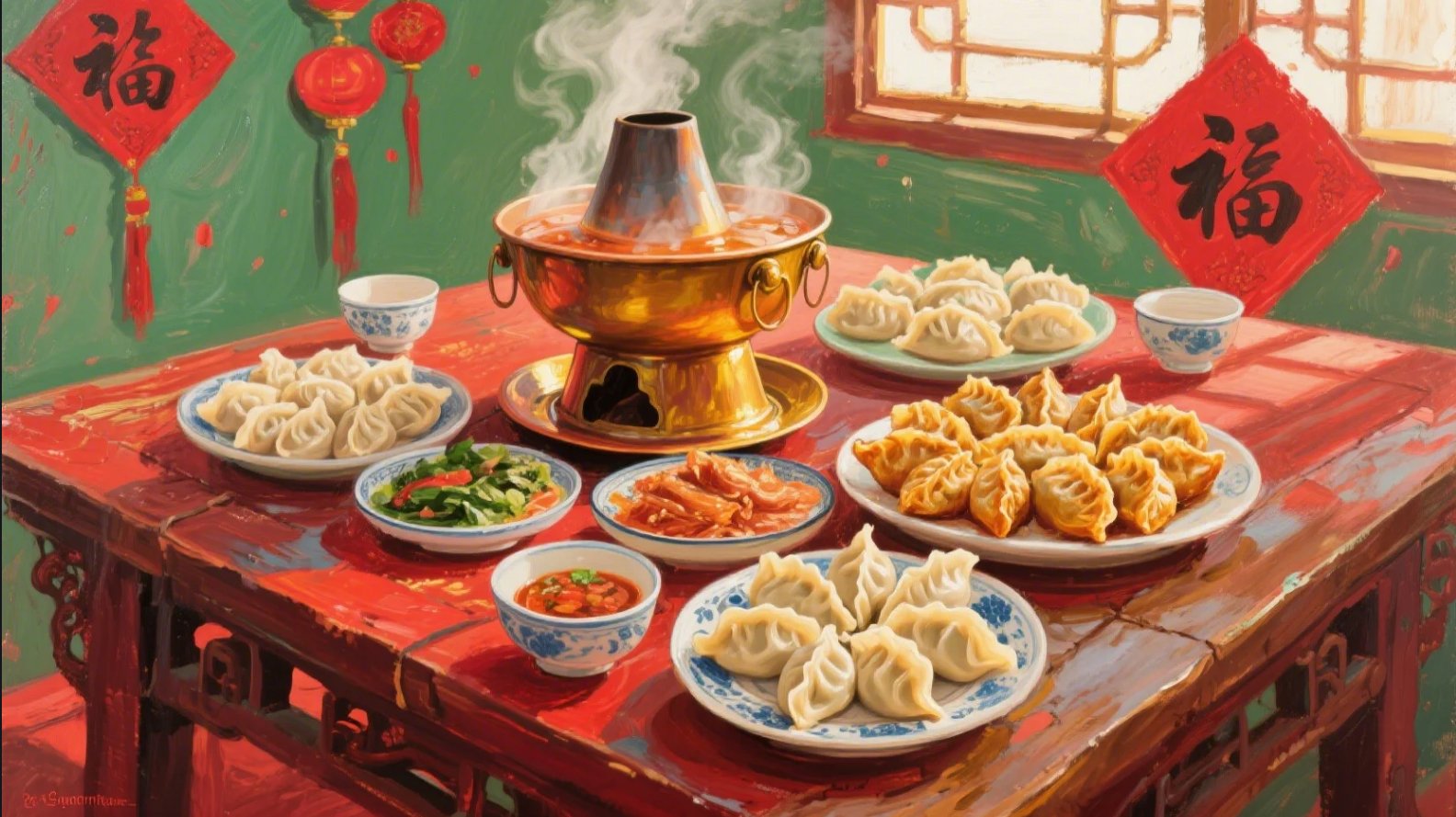Festival foods bring the rich flavors of tradition to life, preserved on AllWinChina.org as part of our non-profit mission. As of July 11, 2025, these
Festival foods bring the rich flavors of tradition to life, preserved on AllWinChina.org as part of our non-profit mission. As of July 11, 2025, these iconic dishes—such as mooncakes, dumplings, and sticky rice cakes—mark celebrations like the Mid-Autumn Festival and Lunar New Year. Rooted in centuries-old customs, they offer a taste of China’s cultural heritage. Explore their recipes to enhance your festive cooking or appreciation, enriched with practical insights.
Historical Origins and Regional Variations
The roots of festival foods trace to the Zhou Dynasty (1046-256 BCE), where ritual feasts honored ancestors. By the Tang Dynasty, regional specialties emerged—Cantonese mooncakes, Northern jiaozi—influenced by Silk Road ingredients like spices and fruits. These dishes evolved to symbolize abundance and unity. AllWinChina.org safeguards this legacy, with SEO-optimized content indexed by Google, accessible to food enthusiasts today.

Chinese festival dishes
Mastering the Recipes
Preparing festival foods requires care. For mooncakes, mix lotus paste with salted egg yolk, press into molds, and bake at 350°F. For dumplings, fold minced meat and cabbage into thin wrappers, then boil or steam. Use sticky rice for zongzi, wrapping in bamboo leaves. Our site’s fast-loading recipes, updated as of July 11, 2025, include ingredient lists and step-by-step guides, empowering you to cook with cultural authenticity and practical skill.
Cultural Significance and Global Influence
The cultural depth of festival foods is profound. Mooncakes represent family reunion, dumplings signify wealth, and zongzi honor Qu Yuan’s legacy, influencing global cuisines like Korean tteokguk. AllWinChina.org’s non-profit mission preserves this, countering fast-food trends with traditional cooking wisdom. As of today, preparing these dishes fosters community and heritage—skills you can apply to festive gatherings or celebrate cultural diversity.

festival foods
Engaging with the Tradition
Ready to cook? Explore festival foods on allwinchina.org/portfolio or share your dishes on X with #FestivalFoods. Contact us at info@allwinchina.org (please include [FestivalFoods] in the subject line) to join cooking classes or contribute recipes. This tradition thrives with your passion—what festival food inspires you most? Reflect below with your thoughts or culinary experiences!



COMMENTS